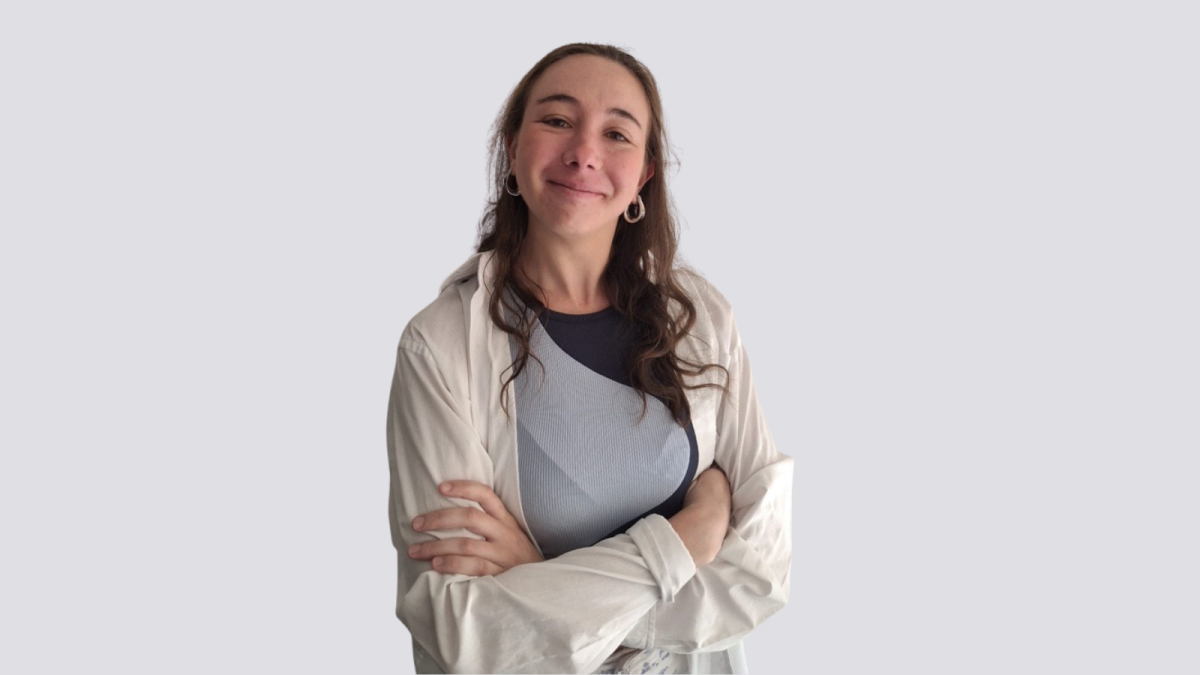A shift in care is on the horizon. The 2021 European Care Strategy introduces an innovative framework for improving person-centred care. The strategy urges European countries to enhance the quality, accessibility, and sustainability of their care systems. But what steps need to be taken to truly transform the care model?
Collaboration between civil society and public authorities is key, yet these efforts are often disconnected. The ‘Como en Casa’ project, led by Fundación Matia and supported by the European Social Network (ESN), shows how this gap can be bridged. The ‘Como en Casa’ project aims to generate an itinerary for transforming home settings towards person-centred care. The project marks a move towards person-centred environments based on what is meaningful to people and what constitutes well-being. As part of the project, a working group was created to discuss the scalability and extension of a new care model, ‘Como en Casa’.
Addressing change in the care model
On 9-10 September, the second meeting of the working group on the ‘Como en Casa’ project was hosted by the City of Sevilla. The Deputy Minister for the Department for Equality, Conciliation and Social Policies of the Regional Government of Andalucía, José Repiso, remarked, ‘While the new law requires the use of the person-centred care model, the unfortunate reality is that it is not being effectively practiced’.
Transforming policy into practice requires addressing multiple challenges. During the meeting, the group identified three main obstacles: poor working conditions for carers, lack of participation mechanisms, and weak coordination between healthcare and social services. Based on these issues, the group developed strategies to address them.
Strengthening coordination between the health and social care systems
Effective care depends on coordinated action between health and social systems. However, many regions lack a structured plan. The group recommended that public authorities must develop and enforce clear coordination strategies.
Improving carers’ working conditions
Improving the lives of those in care starts with professionals who look after them. Carers face unstable working conditions, low wages, and limited training. The Working Group called for better pay, professional stability, and comprehensive training to ensure carers have the necessary resources.
Involving people and families
Erkuden Aldaz, Co-Director of Matia Institute, mentioned the importance of understanding that life doesn’t end when moving to home care. Moving itineraries must be worked on. The key is people's choice, decision-making, and participation in everything that affects them.
Opening to the community
Like any residence, home care is settled in a community. The care model should be open to community engagement, making care homes a true part of the broader community.
Next steps
Public authorities play a critical role in transforming the care landscape. As ESN’s CEO Alfonso Lara Montero pointed out, turning strategies into tangible policies is the next big step. To make this transformation real, public authorities must guide and support care settings and staff throughout the process, ensuring the shift is practical and compassionate.
While there are challenges, they are not impossible to solve. Nevertheless, strategies and recommendations must be combined with commitment from public authorities to make them happen.


